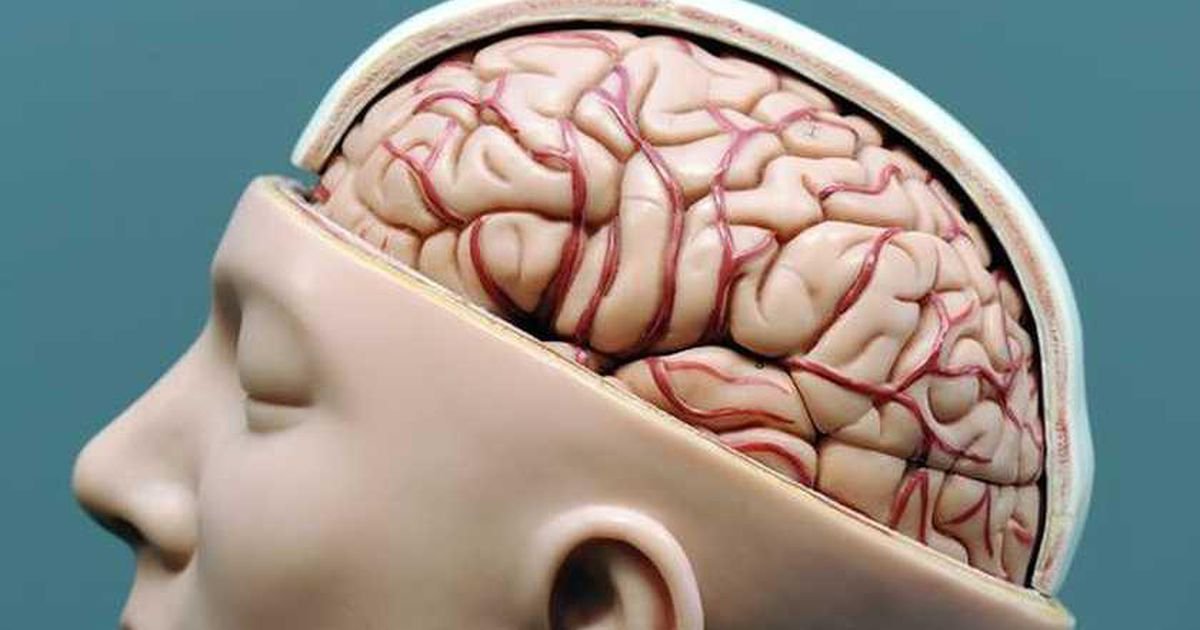Researchers in Umeå, Sweden, are explaining why our memory deteriorates as the body ages.
As we age, our brain receives an increased load from the heart's beating as the body's large arteries stiffen over the years, causing damage to the smallest blood vessels in the brain. It's like a hose nozzle. Tighten it and the water squirts harder. So it is with your arteries. Plaque contributes to stiffening: excess acidity contributes to plaque as the body coats its arteries with calcium to protect them.
Most people experience memory deteriorating sooner or later, and that happens even without the added burden of dementia or Alzheimers.
A connection between the ageing of the brain and the body is already well established. However, the exact nature of this connection is not known.
says Lars Nyberg, professor at Umeå University says "We suggest a chain of events on how the ageing of the brain and vessels are related."
Lars and his team have created is an explanatory model.
It starts with the heartbeat, and carries through the largest arteries in the body all the way to the finest vessels in the brain.
It provides a rationale why some cognitive processes may be particularly at risk for the proposed mechanism.
As we age, large arteries, such as the aorta, stiffen. They lose much of their ability to absorb the pressure increase generated as the heart ejects blood into the arteries. This pressure is instead transmitted to smaller blood vessels, including those in the brain. The very smallest blood vessels in the brain, the capillaries, experience an increased stress. This causes damage to cells within and surrounding the capillary walls – cells important in the regulation of capillary blood flow . When smallest blood vessels become damaged, the ability to increase the blood supply to the brain when coping with demanding cognitive processes is reduced. Ergo, bad memory!
The team suggest that it is the hippocampus that is particularly vulnerable. The hippocampus is important for the episodic memory – the ability to remember past events. Its vulnerability stems from its proximity to the larger vessels. This exposes it to the increased load early in the chain. If you're young and healthy, the blood pulsations are soft, but in an older person the pulsations can be so powerful that they affect the brain tissue and can damage the blood supply to memory processes.
The Umeå researchers' model is based on a number of previous studies from the last five years.
"We have laid the puzzle of current and verified research in different fields to a broader and more detailed picture of the course of events. It will form a starting point for future research to gain a better understanding and, in the long term, researchers may also find solutions to slow down the process," says Anders Wåhlin.i
What can we do to maintain healthy, flexible arteries as as we age? Unfortunately if you are ageing.. it's a bit late, but still better than never. We are what we eat, it has been said, and in my personal experience, at age 72, I witness a direct correlation between sugars and carbs and memory loss. Given that these foods acidify me, I do my best to maintain a daily regimen of greens and plenty of alkaline hydrogen-rich water.
I should add that I'm no expert. Like most of my readers I simply continue to search for answers. My first exposure to the concept that plaque – the stuff that stiffens arteries – was a combination of cholesterol and calcium came to me via the late Sang Whang, author of Reverse Ageing and one of my personal influencer/mentors.
Story Source:
Materials provided by Umea University. Note: Content may be edited for style and length.
Journal Reference:
- Anders Wåhlin, Lars Nyberg. At the Heart of Cognitive Functioning in Aging. Trends in Cognitive Sciences, 2019; 23 (9): 717 DOI: 10.1016/j.tics.2019.06.004

